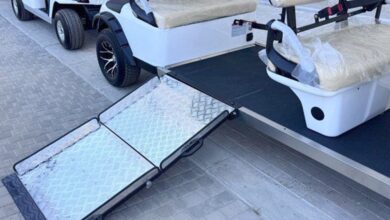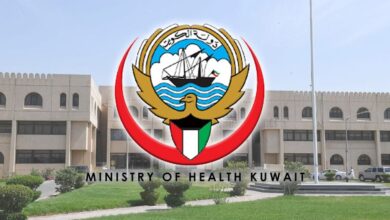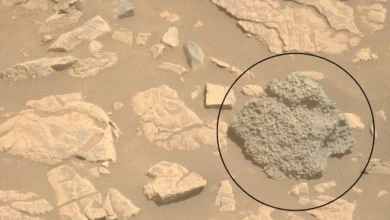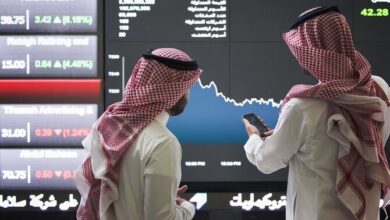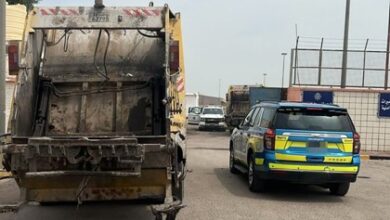Kuwait’s key energy solutions from global firms still shelved after a year
Eight international companies proposed cost-saving energy and water solutions to the Ministry of Electricity, Water, and Renewable Energy, but no decision has been made yet.
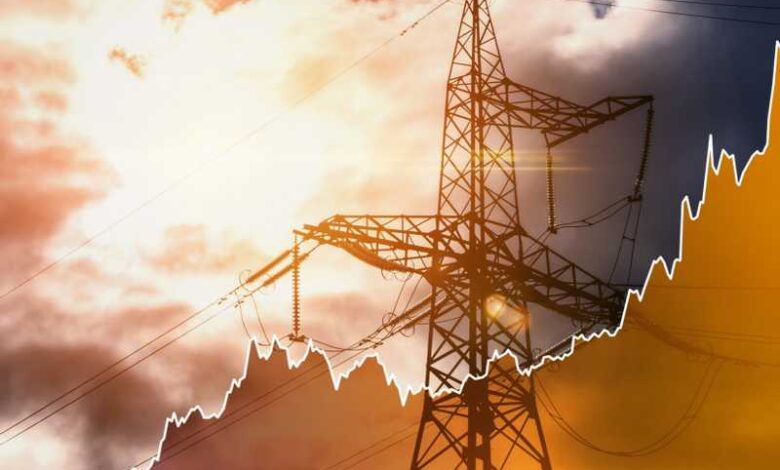
-
Norwegian company Scatec proposed a 1,300-MW solar station at no cost to Kuwait, but it was ignored. The company then partnered with Egypt for a 5,000-MW station, leading to Scatec withdrawing from Kuwait and losing a key investor.
-
Gulf countries have used global and local developers to build power and water stations at no cost, attracting investment and avoiding power cuts through effective long-term planning.
-
To meet rising electrical loads, Kuwait must operate a new 1,000-MW power station annually and replace old, inefficient stations to avoid financial waste.
Several initiatives and solutions were proposed by international developers over a year ago to address the country’s electricity crisis. However, despite their significance in conserving energy, these proposals remain shelved, reliable sources disclosed to Al-Qabas newspaper.
The sources said that eight international companies submitted initiatives to the Ministry of Electricity, Water, and Renewable Energy under the independent supplier system, offering energy and water at a competitive price lower than the current cost, with no expense to the state. However, no decision has been made on them yet.
Sources pointed out that the Norwegian company Scatec had previously submitted an initiative to build a 1,300-megawatt solar power station at no cost to the state, but it was neglected. After the initiative was ignored, Scatec contracted with the Egyptian government to build a 5,000-megawatt solar power station at no cost, leading to the company withdrawing its proposal from Kuwait and the loss of a global developer and investor.
The sources indicated that Gulf countries and many nations worldwide have sought the help of experienced global and local developers/investors to build power and water production stations at no cost, using the independent supplier system.
These countries have succeeded in developing practical strategic plans for over fifteen years, creating systems attractive to foreign investors and avoiding the need to cut electricity to consumers due to effective long-term planning.
The sources stressed the urgent need to expedite the development of a practical mechanism for purchasing energy from global investors and developers to attract investment in power generation and production plants. This is in line with Decree No. 207 of 2023 and Cabinet Resolution No. 995 of 2023, which authorize the Ministry of Electricity, Water, and Renewable Energy to purchase energy from external sources according to the procedures set by the ministry.
The sources warned that the inability to provide electricity for new housing and oil sector projects poses a threat to the country’s economy and the lives of its citizens.
Need to replace old plants with modern, efficient ones
The sources said it is necessary to expedite contracting with international investors to build water generation and desalination plants in North Al-Zour, Al-Khairan, Al-Nuwaiseeb, and Al-Subiya, as well as solar power plants. They also emphasized the need to replace old plants with modern, efficient ones that consume less fuel and produce lower carbon emissions.
Independent provider
A global investor finances, builds, operates, maintains, and manages power plants for twenty years or more at their own expense, with no cost to the state. In return, the state buys the product from the investor at a competitive price.
Old stations
The sources pointed out that, due to increased electrical loads, the country needs to operate a new power station with a capacity of at least 1,000 megawatts every year and replace old generating stations as soon as possible.
This is necessary because these stations have reached the end of their operational life, are inefficient, and their maintenance and operation result in significant financial waste. Additionally, safe operation requires providing appropriate backup power for emergencies, which is currently unavailable.
They further explained that the high demand for energy presents a major challenge in securing the large budgets needed to build power generation and water desalination plants, whether through the Ministry of Electricity, Water and Renewable Energy or the Partnership Authority.
Meanwhile, Gulf countries and many others have turned to experienced global and local developers/investors to build power and water generation plants at no cost to the state, using the independent supplier system, and within a short timeframe.
Gulf connection
The sources pointed out that the Ministry of Electricity, Water, and Renewable Energy relied on the Gulf connection this summer to address part of the electricity shortage, indicating a lack of strategic energy security in Kuwait. While most Gulf countries use their own resources to provide energy, Kuwait has not achieved this.
The sources noted that Kuwait prepared the law to establish the Public Electricity Corporation twelve years ago, but it has yet to be enacted due to opposition, despite approval from all relevant authorities, including regulatory bodies.
The sources stressed the urgent need to expedite the development of a practical mechanism for purchasing energy from global investors and developers to attract investment in power generation and production plants. This is in accordance with Decree No. 207 of 2023 and Cabinet Resolution No. 995 of 2023, which authorize the Ministry of Electricity, Water, and Renewable Energy to purchase energy from external sources following the procedures set by the ministry.
The sources also called for seeking assistance from the Direct Investment Promotion Authority under Law No. 116 of 2013 to attract global developers to build water generation and production stations. This aligns with Cabinet Resolution No. 995 of 2023, which stipulates that these generation stations be implemented under the independent supplier system.
Among the key projects outlined are:
- Al-Khiran Station.
- Al-Zour North Station.
- Al-Shagaya Solar Power Station.
- Nuwaiseeb Station.
- Al-Abdaliah Solar Power Station.
Solar power station
The sources said, “If the offer submitted by one of the international developers to build a solar power station two years ago had been accepted, we would not be facing power outages today, especially since this type of station does not require gas fuel.”
Quick solutions
The sources emphasized the urgent need to expedite contracting with international investors to build water generation and desalination plants in North Al-Zour, Al-Khairan, Al-Nuwaiseeb, and Al-Subiya, as well as solar power plants. They also highlighted the need to replace old plants with modern, efficient ones that consume less fuel and produce lower carbon emissions.








